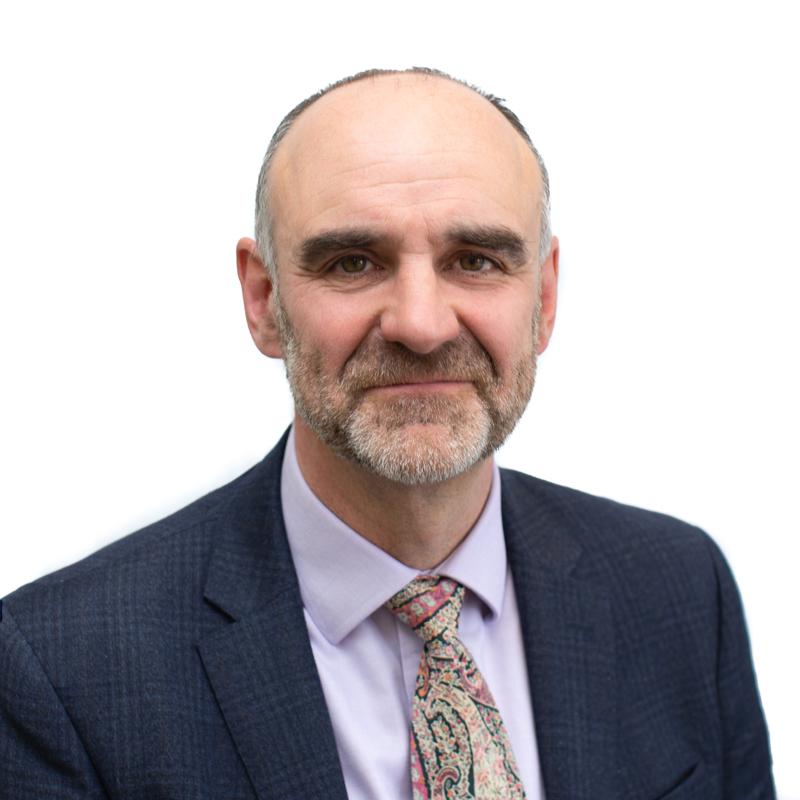This is the subject of responsible investment, a topic that Stone King Partner and charity and social enterprise expert Julian Blake will be discussing at the forthcoming Catholic Charity Conference on 1 May.
Before a critical test case, taken by the Bishop of Oxford in 1992, the answer was generally assumed to be that charity investment was only a matter of commercial best value. This was tested in the specific context of church commissioner investment in apartheid South Africa.
The case established the fundamental legal qualifications that charity investment must not be contrary to the charity’s objects, or otherwise damaging to its support and good reputation. For example, a human rights charity should not invest in any organisation that has links with modern slavery.
More positively, there is the reality of ethical investment potentially being best, in both financial and social terms, and in terms of a charity’s corporate citizenship, in relation to contemporary environmental, social and equality issues.
However, the important limitation remains, that it is not open to charity trustees to apply personal moral judgements not founded in their charity’s objective imperatives.
While investment is complicated, the principles underlying charity investment are not, though they have tended to be discussed as if they are. The issues are diligent consideration, proper advice, and, as in all trustee decisions, reasonable prudence based on the best public benefit interests of the charity’s objects.
The law, as confirmed in the Butler-Sloss case of 2022, and Charity Commission guidance, is essentially permissive and not prescriptive, albeit in an area obviously requiring an appropriate level of expertise.
This year, the theme of the Catholic Charity Conference is 'The climate crisis, sustainable development, and ESG – the Catholic response', and it takes place at Church House, Conference Centre, Westminster. Other speakers include representatives from the Roman Catholic Diocese of Westminster, Action for Sustainable Development, the Diocese of Salford, CCLA, Rathbone Greenbank Investments, Sarasin & Partners, Newton Investment Management, and our co-hosts, haysmacintyre.



